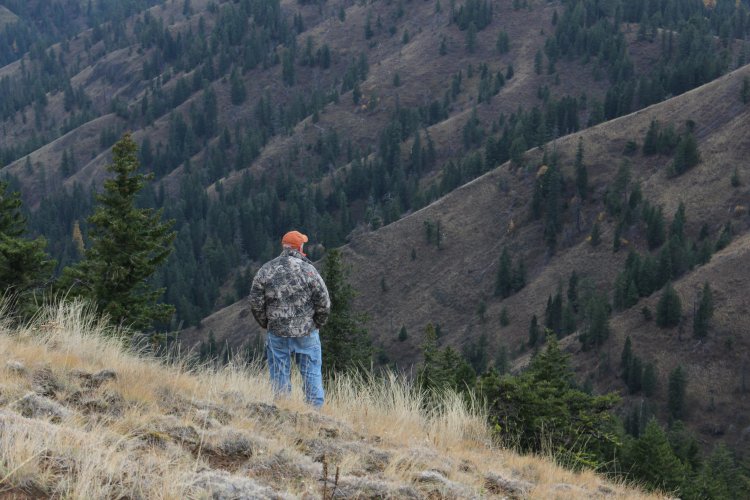Flatlander3
Active member
For those well versed in still hunting dark timber with a rifle in late October, what's your stategy? I am mainly curious if you focus within 1/4 mile of the edge, within X distance of food, of X distance of water, etc. Or do you dive in and try and find sign and follow?
Thanks
Thanks





